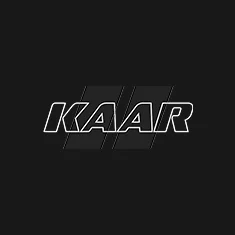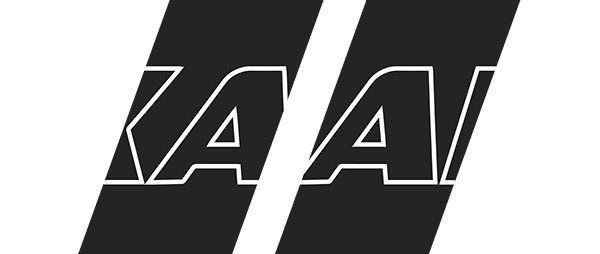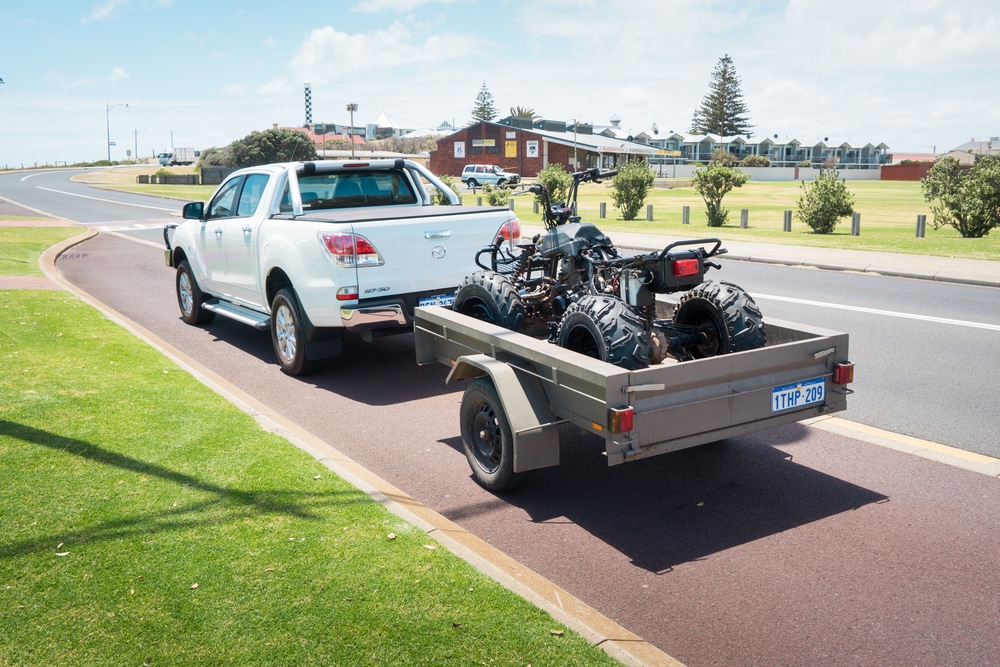In New Zealand, towing laws and regulations regarding weight limits and manufacturer’s tow bar limits are set by the New Zealand Transport Agency (NZTA) to ensure safety on the roads. Here’s an overview of the towing laws for motor cars in New Zealand in relation to weight limits and manufacturers’ tow bar limits.
1. Towing Capacity:
The first consideration when towing in New Zealand is the towing capacity of the motor car. Every vehicle has a specified towing capacity provided by the manufacturer, and it is crucial to ensure that the weight being towed does not exceed this limit. The towing capacity can usually be found in the vehicle’s owner’s manual or specifications. It is important to note that exceeding the towing capacity can compromise the vehicle’s stability, braking performance, and overall safety.
2. Gross Vehicle Mass (GVM):
The Gross Vehicle Mass refers to the maximum weight that a vehicle can legally operate at, including its own weight, passengers, cargo, and the weight being towed. It is essential to consider the GVM when determining the weight of the load being towed. Exceeding the GVM is illegal and poses significant safety risks.
3. Gross Combined Mass (GCM):
The Gross Combined Mass refers to the maximum allowable weight of both the vehicle and the trailer when fully loaded. The GCM includes the combined weight of the vehicle, its passengers, cargo, fuel, and the weight of the trailer and its contents. Exceeding the GCM is also illegal and can compromise the vehicle’s safety and stability.
4. Manufacturer's Tow Bar Limits:
In addition to the towing capacity, motor car manufacturers also provide tow bar limits, which specify the maximum weight that can be towed using the particular tow bar installed by the manufacturer. It is important to adhere to these limits to ensure that the tow bar is not overloaded and remains structurally sound.
5. Braking Requirements:
The New Zealand law requires that trailers with a Gross Laden Weight (GLW) exceeding 2,000 kilograms must be fitted with brakes. The braking system should be able to control and stop the trailer effectively, ensuring the safe operation of the vehicle and trailer combination.
6. Safety Chains:
When towing in New Zealand, it is mandatory to have safety chains or cables securely attached between the vehicle and the trailer. These chains or cables provide an additional level of safety in case the trailer becomes disconnected from the tow vehicle.
7. Warrant of Fitness (WoF) and Certificate of Fitness (CoF):
Vehicles in New Zealand are required to have a Warrant of Fitness or a Certificate of Fitness, depending on the vehicle type and usage. These inspections ensure that the vehicle and its components, including the tow bar and towing equipment, meet the required safety standards.
It is essential to consult the official resources and regulations provided by the New Zealand Transport Agency (NZTA) or seek professional advice to ensure compliance with the current towing laws, weight limits, and manufacturer’s tow bar limits in New Zealand. These regulations are subject to change, so staying up to date with the latest guidelines is crucial for safe and legal towing.

Kelvin Armstrong Auto Repairs (KAAR) is recognised as the most competent, capable, and reliable automotive repairer west of the Auckland City isthmus.
With fully equipped, state of art facilities in both Avondale and Henderson, KAAR gives a choice of two handy locations for full automotive, mechanical, electrical repairs and servicing for all vehicles, including European makes and models like Audi, VW and BMW.
We cater for all makes and models of cars, vans, 4x4s and light trucks. We service petrol, diesel and hybrid motors.

